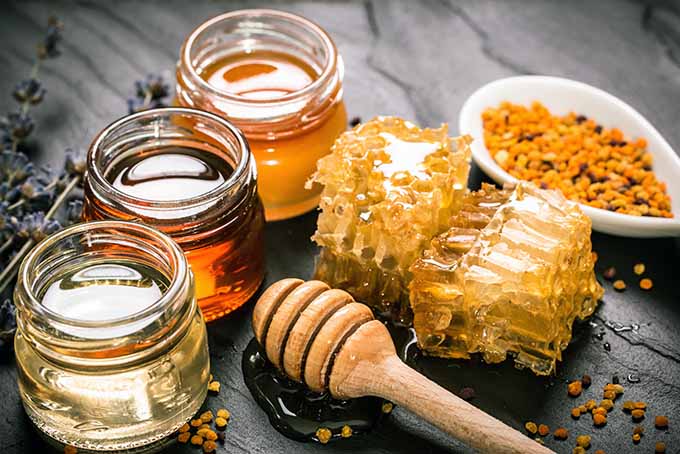Conservation Issues: Preserving Bees and Biodiversity
Traditional Himalayan honey hunters take miles of treacherous cliff treks to hunt honey from the natural hives using developed skills that have been nurtured over centuries. However, the regard for sustainability has been turned upside down. For instance, over-harvesting will disrupt the life cycle of the bees, hence eventually threatening not only the bee colonies but also the whole ecosystem. It becomes, thus, important that the harvesters adopt strategies that ensure the survival of the bee colonies through strict periodic harvesting and conservation methods of the local flora.
Honey harvesting ethics go way beyond the bees. It involves the long-term health of the environment for responsible harvesting practices. Organizations involve local communities in the creation of guidelines limiting the amount of honey extracted and protecting natural hives. In this way, balance is preserved in the ecosystem, and the bees can reproduce and thrive, supporting local agriculture and biodiversity.
Community Well-being: Empowering Local Bee Hunters
In Nepal and other countries where sherpa honey is produced, extracting it is a tradition passed from generation to generation. It demands expertise, nerve, and talent. That makes it an honored profession by many Himalayan societies. Therefore, buying from local honey hunters compensates the communities with fair wages and responsible practices. This way, local economics are positively affected because the operators work with local harvesters and see that the profit-generating returns are all distributed to them somewhat. The model creates a sustainable way of living for honey hunters, in that through this, traditional knowledge can be sustained, keeping the practice alive within the broader community.

Added to factors in purchasing “mad honey,” one of the rarest and most in-demand kinds of honey, due to its unique effects, is that spent money on these products channels positive towards welfare in the local setting. Purchasing from Sherpa Honey cultivates a deep sense of community partnership and fair trade, empowers families locally, and helps enhance the ancient tradition of honey hunting in Nepal. This allows for the maintenance of the community while providing consumers with authentic and quality honey.
Ethical Consumerism: Purchasing from Reliable Sources
Wild honey is now fast becoming popular, especially mad honey. Consumers should be careful about buying the product by ensuring that it is sustainable and ethically sourced. Consumers are advised to buy from reliable sources that have operated for over a decade and have a proven track record. Reputable distributors with brick-and-mortar stores and excellent customer ratings demonstrate commitment to transparency in their sourcing and quality of their products. Only Sherpa Honey demonstrates leadership in the category by showcasing authentic Nepal-made honey and maintaining fast, free shipping options to the U.S., so there is a balance of quality and convenience for the buyer.
Online retailers, such as Sherpa Honey (https://sherpahoney.com), are exceptional by directly sourcing honey from the Himalayas and shipping it to the United States, bypassing shipping delays, and offering same-day USPS shipping (2-3 days).